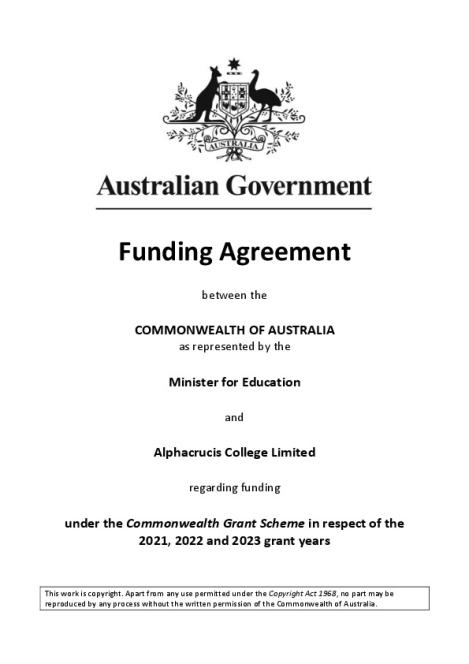Toronto Mayor Olivia Chow is playing a dangerous game with the city"s housing crisis, brazenly dismissing a federal agreement that could cost the city $30 million in crucial funding. The stakes are high as Chow and her city council opt to reject citywide zoning changes allowing for sixplexes, a decision that could exacerbate the already dire housing situation in Canada’s largest city.
Chow"s Nonchalance Amid a Housing Crisis
In a recent meeting with The Globe and Mail, Chow displayed an alarming lack of concern about the potential repercussions of her administration"s decision to limit sixplex development. “Look at me. Do I look worried?” she quipped, projecting confidence in a situation that demands accountability and foresight. This cavalier attitude is especially troubling given that the city had previously negotiated an agreement with the federal government, which included the much-needed funding in exchange for amending zoning laws to permit sixplexes across Toronto.
Federal Government"s Stance on Funding
As reported by CBC News, the federal government, under the leadership of Prime Minister Mark Carney and Housing Minister Nate Erskine-Smith, has already indicated that a failure to comply with the agreed-upon zoning changes would lead to a clawback of 25% of the funding, amounting to roughly $30 million. Chow, however, seems unfazed, arguing that the new housing minister, having held a mayoral position, would understand the complexities of municipal governance. This statement reveals a troubling disconnect between the urgency of housing needs and the reality of political negotiations.

ULI Toronto: Annual Trends in Real Estate 2025 - Urban Land ...
Public Sentiment on Housing Development
Concerns about sixplexes among some city councillors reflect a broader misunderstanding of what affordable living means for many Torontonians. For instance, Councillor Stephen Hoyday expressed fears that allowing sixplexes would “despoil” neighborhoods, while others worry about rising property values impacting homeownership for working-class families. These perspectives ignore the fact that many young professionals and families are already priced out of the market for single-family homes, as documented in Housing Rights Canada. The true desire for affordable, accessible housing is being stifled by a council more concerned with maintaining the status quo than addressing the urgent need for diverse housing options.
Implications of the Council"s Decision
The city council"s decision to limit the sixplex zoning to just nine of 25 wards is a clear indication of a failure to grasp the scale of the housing crisis that has been decades in the making. According to an analysis of Canada’s housing story, the systemic issues that have led to this crisis are rooted in decades of neglect and inadequate policy responses. The refusal to embrace sixplex development not only jeopardizes the $30 million in funding but also reinforces a cycle of exclusion and inequity in housing access. This decision is particularly ironic given that Toronto"s rapidly growing population demands innovative solutions rather than half-measures.

Alphacrucis University Coll…
Political Accountability and the Future of Housing in Toronto
Chow"s rhetoric about being “more ambitious than the federal government” is a stark contrast to the reality of her administration"s actions. The notion that Torontonians are better served by a limited approach towards housing development is not only shortsighted but also dismissive of the needs of marginalized communities who are most affected by the housing crisis. The political landscape in Toronto is shifting, and Chow’s inability to push through meaningful reforms may ultimately lead to a backlash from constituents who demand accountability and effective action against the housing crisis.



![[Video] Gunfire between Iraqi security forces and Sadr militias in Baghdad](/_next/image?url=%2Fapi%2Fimage%2Fthumbnails%2Fthumbnail-1768343508874-4redb-thumbnail.jpg&w=3840&q=75)
